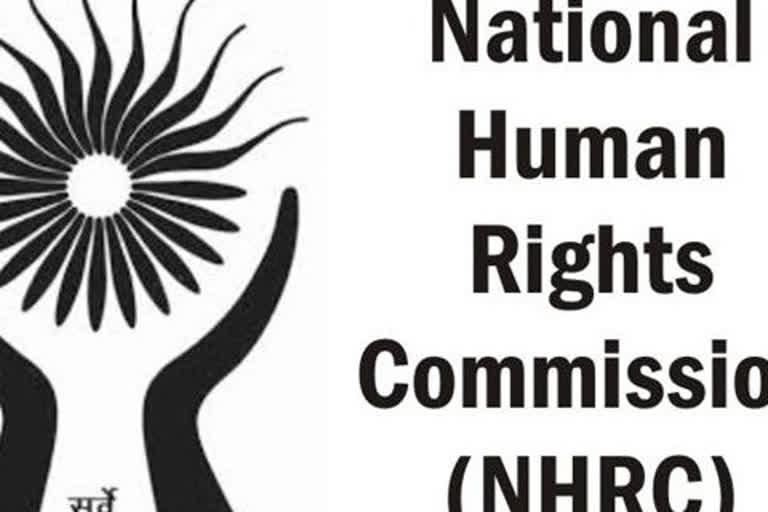New Delhi: Expressing serious concern over the inordinate delay in releasing the relief package to the victims of bonded labour, Justice Shri Arun Mishra, Chairman, National Human Rights Commission (NHRC) on Tuesday issued a fresh advisory on bonded labour to the Centre, states and union territories.
Among other things, the commission recommended delinking of the release of relief packages to the victims of bonded labour from the outcome of criminal proceedings in order to avoid delays.
NHRC in its advisory added that the focus of state and district level functionaries should not be limited to brick kilns only, but should also be in areas where bonded labour is now emerging in new forms. This includes shopping malls, call centres. , massage parlour, etc.
Highlighting the urgency to identify new forms, the advisory further added that there is a need to identify new emerging forms of bonded labour so that relief can be provided to them as per the existing act.
The proposed National Portal on Bonded Labour should include rehabilitation data, details of the functioning of vigilance committees, data obtained from the state labour departments, data relating to surveys, data on the advancement of cash and non-cash benefits to bonded labour, pending criminal cases and date of initiation and outcome of cases, the commission added.
The district administration should bear the cost of providing food and safe transport facilities to the released labourers. In terms of non-cash assistance, the District Magistrate to ensure that the benefits available under CSS-2016 such as allotment of housing and agricultural land, land development, provision of low-cost housing units, animal husbandry, dairy, poultry farming, pig farming etc., wage employment, enforcement of minimum wages etc, collection and processing of minor forest produce, supply of essential commodities under TPDS and education to children, should be given to the families of the released bonded labourers, the NHRC said.
The NHRC has also asked the state governments and UTs to identify households in extremely vulnerable conditions so as to prevent any instance of bonded labour by providing them with free ration, health care and other social security covers to the vulnerable and the marginalized communities.
Signifying the relevance of invoking the SC/ST Act, the authorities concerned have been recommended to invoke the provisions of SC/ST (Prevention of Atrocities Act, 1989), if a bonded labour belongs to those communities in addition to invoking the provisions of the Bonded Labour System (Abolition) Act to give him relief.
It may be recalled that ever since the covid-19 struck India, the country has witnessed a huge spike in the cases of bonded labour which manifests that even during the time of crisis when there was a huge threat posed by the virus which resulted in a huge migration flux, even at that time, bonded labour remained a matter of utmost concern.
Earlier this year, the NHRC, keeping in mind the threats posed by the delta virus issued more advisories to various ministries and states on the adverse impact faced by labourers and migrant informal sector workers.
NHRC concerned over delay in relief to bonded labour victims, issues more advisories to Centre, State
Expressing serious concern over the inordinate delay in releasing the relief package to the victims of bonded labour, Justice Shri Arun Mishra, Chairman, National Human Rights Commission (NHRC) on Tuesday issued a fresh advisory on bonded labour to the Centre, states and union territories.

These advisories included the right to mental health; identifying, releasing, and rehabilitating bonded labourers; and safeguarding the rights of informal workers during the pandemic.
Expressing its concerns over the impacts of the stringent lockdown which resulted in a closure of employment opportunities and led to mass migration influx, the advisory put up strong measures which they recommended to the Centre and State for improving the conditions of the people from the informal sector and those who had been a victim of bonded labour.